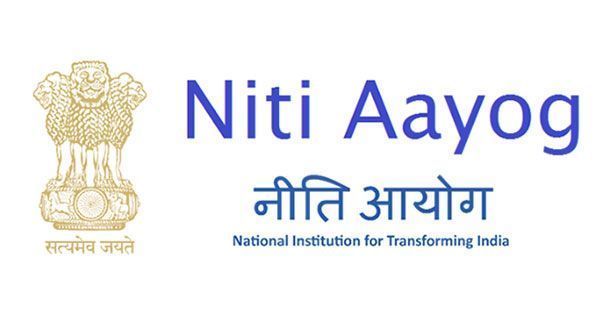NITI Aayog, the National Institution for Transforming India, is a policy think tank of the Government of India, established with the aim to achieve sustainable development goals with cooperative federalism by fostering the involvement of State Governments of India in the economic policy-making process using a bottom-up approach. Niti Aayog has recently requested bids for setting up Advance Chemistry Cell manufacturing facilities under public-private partnerships. Bids have been pursued under the proposed National Programme on Advance Chemistry Cell (ACC) Battery Storage, Indiaesa.info reports.
As per the draft model bid document displayed on Niti Aayog’s website, the government aims to develop giga-scale advance cell manufacturing for domestic application and promotion of various energy sources to guarantee complete energy security.
“A bidder selected through this RFP, to be eligible for this subsidy, would have to commit to set-up an Advance Chemistry Cell manufacturing facility of minimum 5 GWh capacity and establish an Advance Chemistry Cell manufacturing facility with value-addition of minimum 25 percent at the mother unit level and minimum 60 percent overall,” the document believed.
The facilities are projected to be set up under the Public-Private Partnership (PPP). Advance Chemistry Cells (ACCs) are the new generation advanced storage technologies that can store electric energy either as electrochemical or as chemical energy and convert it back to electric energy as and when required.
Globally, manufacturers are capitalizing on these new generation technologies at a commercial scale to cater to the projected boom in battery demand through 2030.
The government has approved a Production-Linked Incentive (PLI) scheme for ten key sectors, including ACC battery, telecom, automobiles, and pharmaceuticals, taking the total outlay for such incentives to approximately Rs. 2 lakh crore over a five-year period.
The scheme will help boost domestic manufacturing, decrease imports, and generate employment as the government works to strengthen economic growth. The financial outlay for the new scheme will be Rs. 1,45,980 crore.




